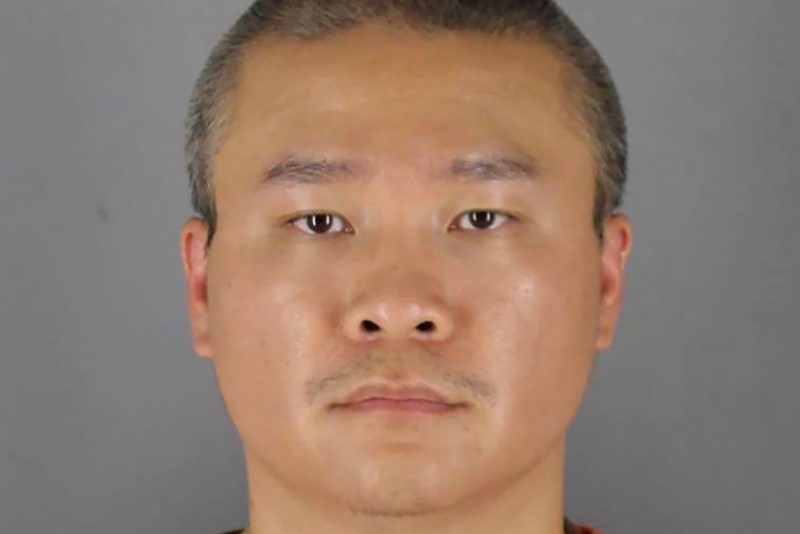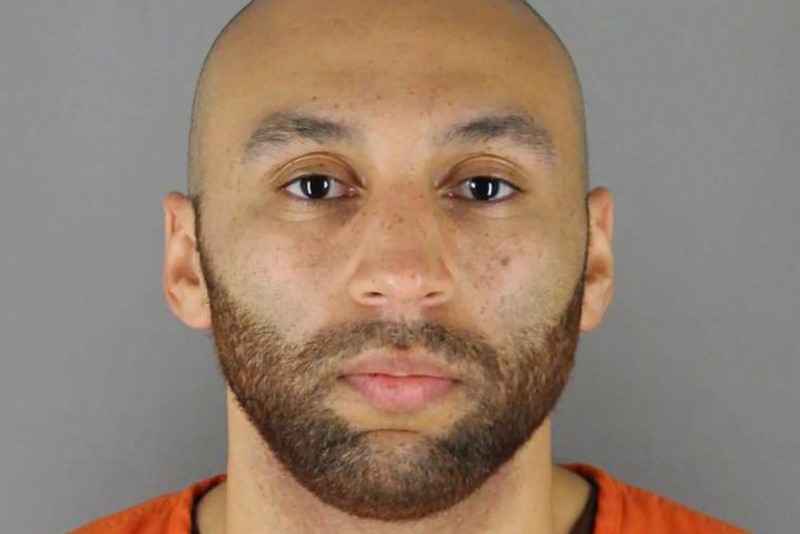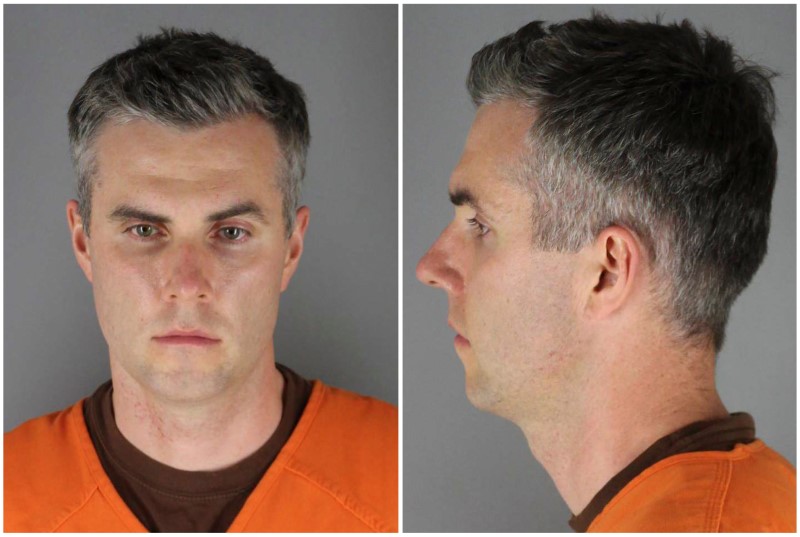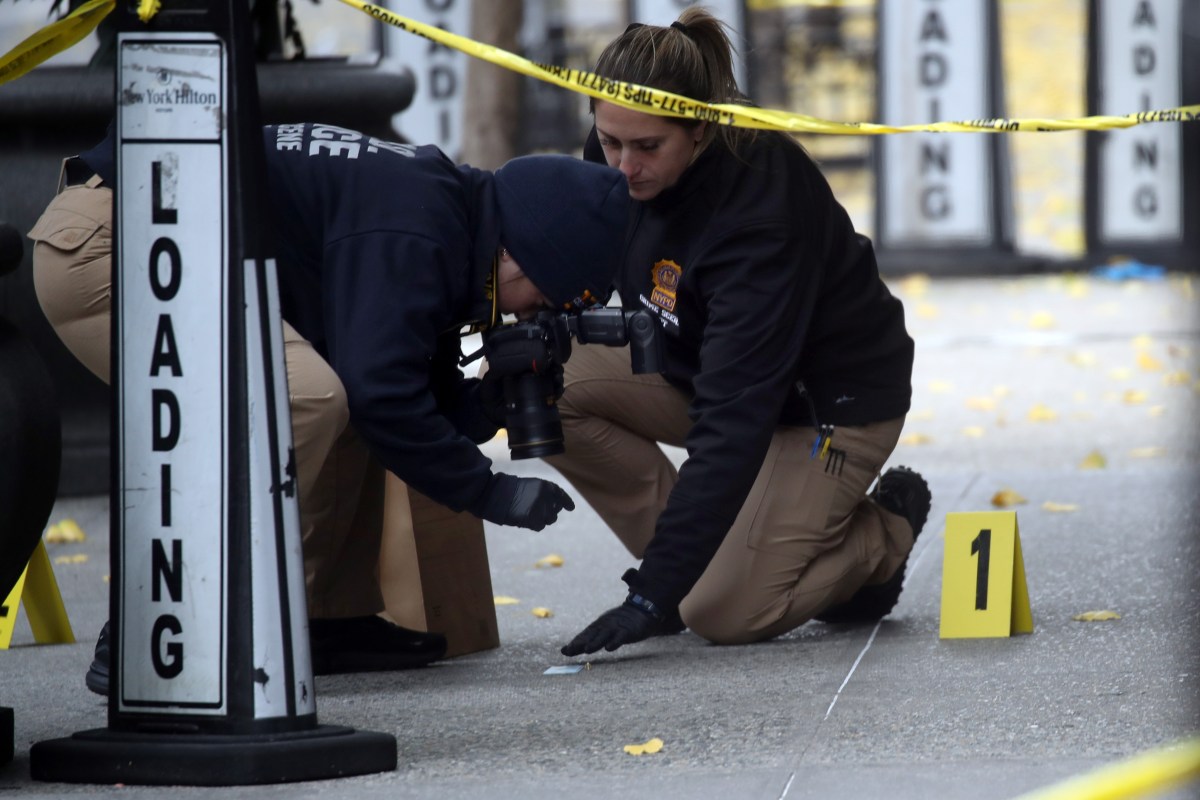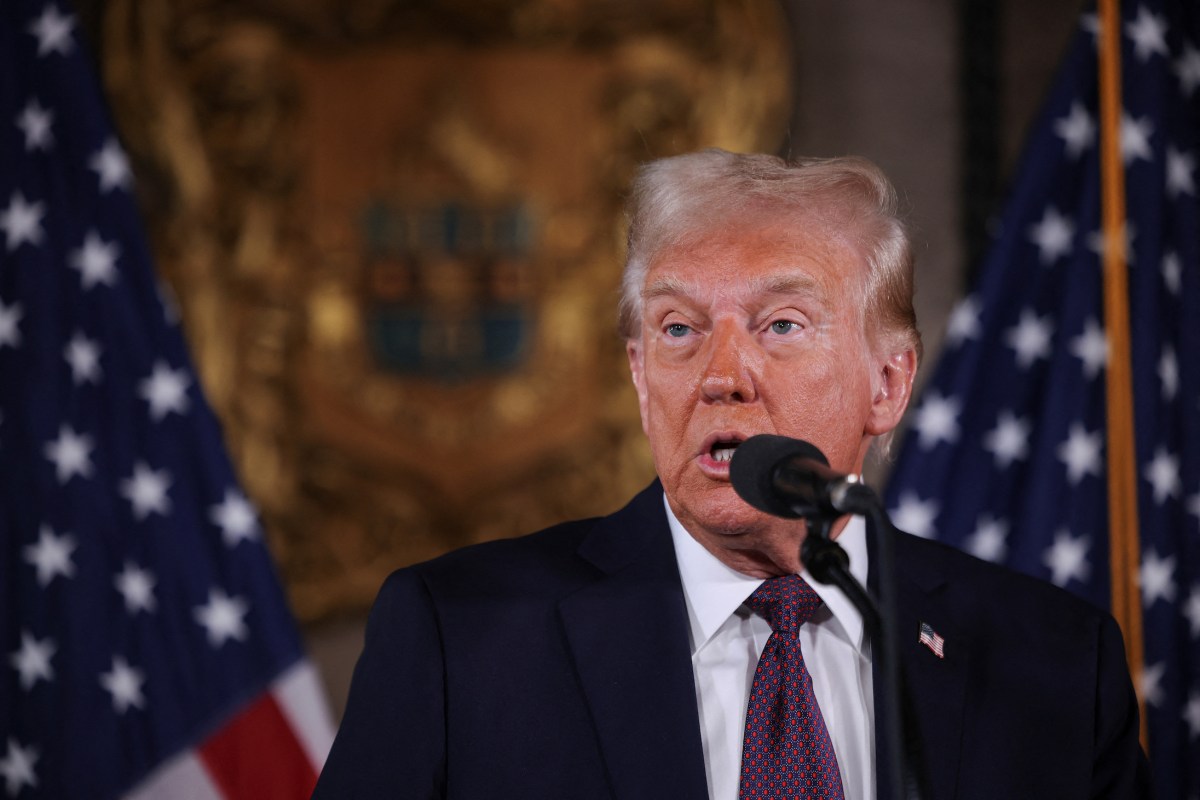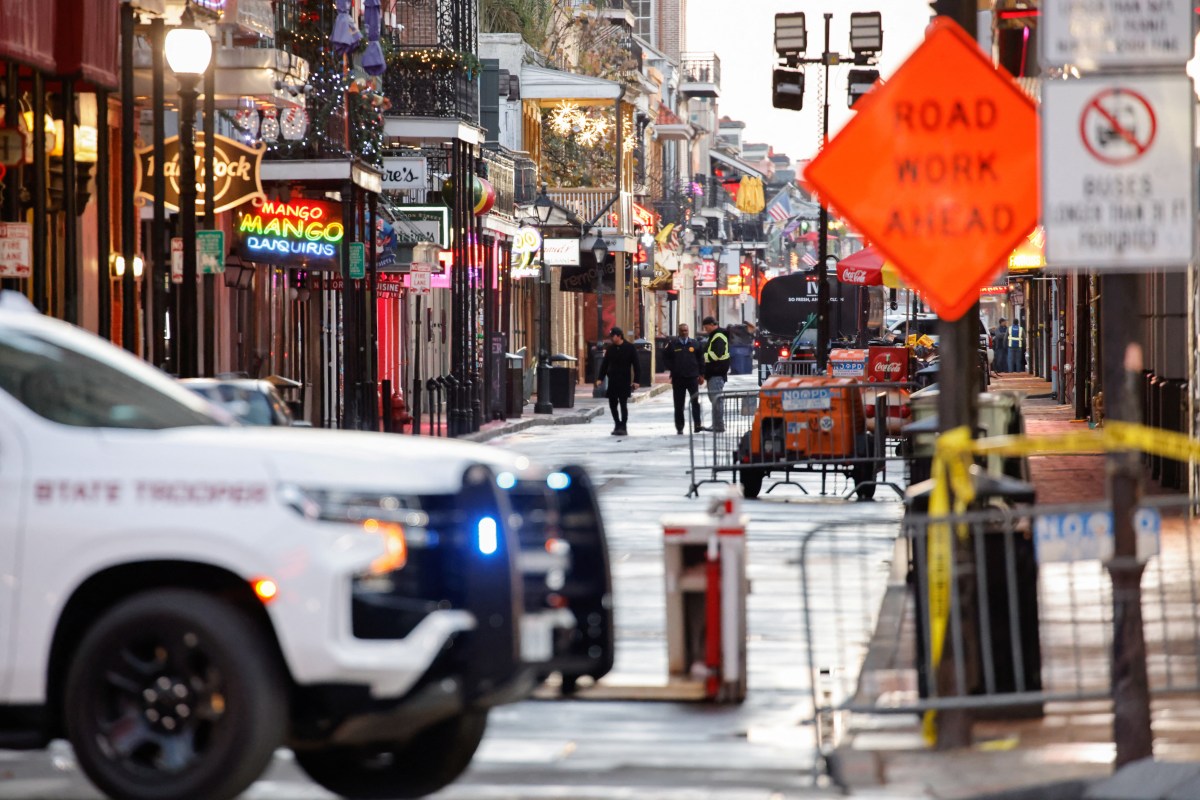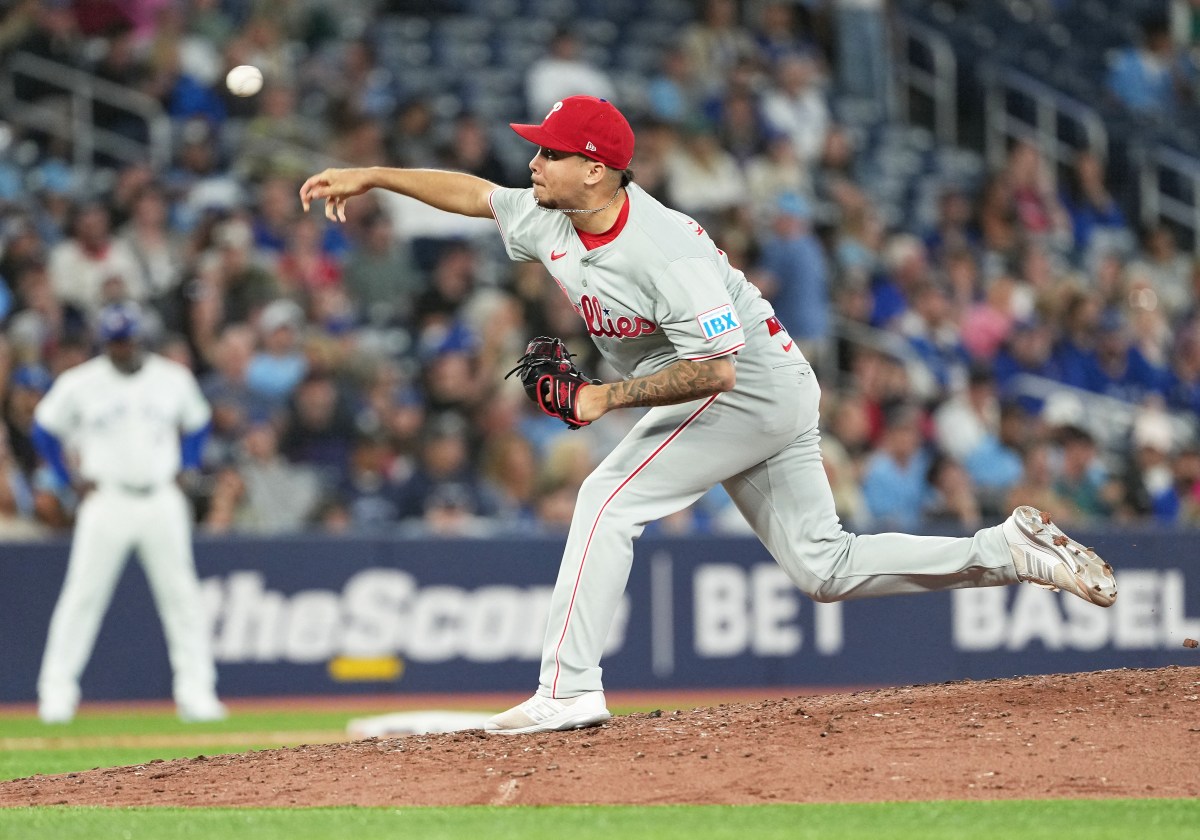(Reuters) – The video of George Floyd’s death offers clues into how three former Minneapolis police officers charged with aiding and abetting his murder could defend themselves, from saying they didn’t know excessive force was used to deferring to a senior officer, according to some legal experts.
A judge set bail of $1 million on Thursday for Tuo Thao, Thomas Lane and J. Alexander Kueng. The three men were with Derek Chauvin, the officer charged with second-degree murder after being recorded by a bystander kneeling on the neck of the 46-year old https://www.reuters.com/article/us-minneapolis-police-protests/he-touched-so-many-hearts-george-floyd-remembered-at-memorial-service-idUSKBN23B1LX African American for nearly nine minutes during his May 25 arrest.
The video touched off global protests against police brutality, but it also provides a window into possible defenses in court, seven legal experts interviewed by Reuters said.
People are usually charged with aiding and abetting when they actively encourage a crime or participate directly, such as driving a get-away car.
“Here, however, you have police who are duty bound to help/protect their fellow officer,” said Kurt Weinmann, an attorney with Garbarini & Scher. “To charge them you’d have to show they knew or should have known he was acting with excessive force.”
According to court documents, Thao watched as Chauvin placed his knee on Floyd’s neck, then turned to keep the crowd from getting too close.
Weinmann said Thao appears focused on controlling the growing crowd, as he is trained to do, and said prosecutors face a challenge of convicting him for failing to monitor Chauvin’s level of force.
“Expecting an officer to do that would be asking him to go against all of his instincts and usual practice,” Weinmann said.
Lawyers for Thao, Lane and Kueng did not respond to requests for comment. The officers were fired from the Minneapolis police department along with Chauvin.
The president of the police officers’ union https://www.reuters.com/article/us-minneapolis-police-culture-specialrep/special-report-how-union-supreme-court-shield-minneapolis-cops-idUSKBN23B2LL, Bob Kroll, said in a letter to union members on Monday that the four “were terminated without due process” and he was working with the union’s labor attorneys to get them reinstated.
After Floyd’s arrest, the officers briefly tried to put him in a squad car, but he refused and said he was claustrophobic, according to court documents. After a struggle, Chauvin pulled Floyd to the ground while handcuffed, the court documents said.
Lane and Kueng helped hold Floyd down while Chauvin kneeled on Floyd’s neck, but the legal experts said they still had defenses, particularly Lane.
Soon after Floyd is pinned down, Lane asked Chauvin if they should roll Floyd on his side, and was told “no,” according to court documents.
Lane also said he was worried that Floyd was suffering from excited delirium, an agitated condition.
“The case against Lane will be the toughest for the prosecution because the defense will say he actively tried to help Mr. Floyd by urging Chauvin to turn Floyd over at least twice,” said Paul Callan, a former New York City homicide prosecutor.
Lane’s attorney told the court on Thursday his client was following his training officer’s orders and “he was doing everything he thought he was supposed to do.”
Kueng held Floyd’s back during the arrest, according to court documents, and may face the toughest case, partly because he remained silent during the arrest, the legal experts said.
They said Kueng will likely try to argue he was unaware of the extent of the force that Chauvin was using and could not determine Floyd’s condition until it was too late.
Both Kueng and Lane were relatively junior officers, which also could work in their favor.
“They will say they weren’t willing to go against the chain of command,” said Joseph Friedberg, a defense attorney.
(Reporting by Tom Hals in Wilmington, Delaware; Editing by Noeleen Walder and Grant McCool)

